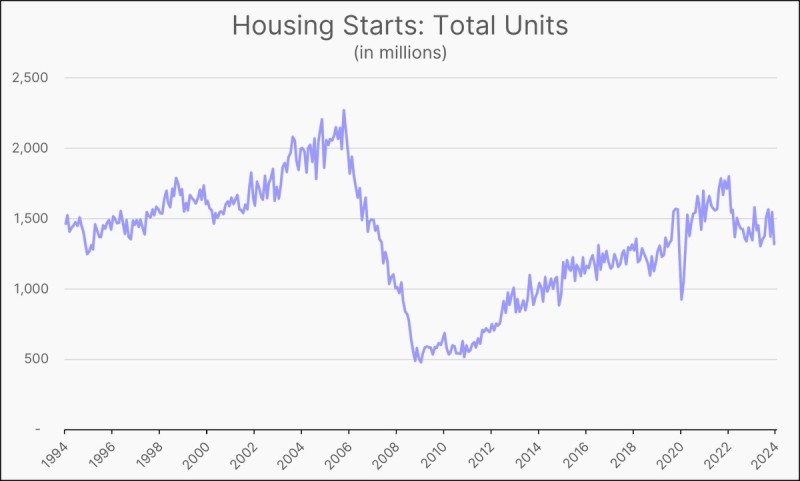Advertisement
Why a Better Short Sale Process Instead of Foreclosure Can Good Credit Flourish

In the article, "Popularity of Short Sales Waning?"1 by Daren Blomquist, vice president of RealtyTrac, the author stated: “After a surge in short sales in late 2011 and early 2012, the favored disposition method for distressed properties is shifting back toward the more traditional foreclosure auction sales and bank-owned sales. The combination of rapidly rising home prices—along with strong demand from institutional investors and other cash buyers able to buy at the public foreclosure auction or an as-is REO home—means short sales are becoming less favorable for lenders.”
So, what is the factor that shifted a change to the more costly foreclosure route as the better end result than a short sale (where the negative equity homeowner works with the bank to get the undervalued property sold)? One answer may be due to the number of parties required on a short sale and a perceived quicker process for a foreclosure.2 Another answer appears to be quicker turnaround in non-judicial states, where foreclosures can proceed without the intervention of the courts.
But, is the increasing number of foreclosures due to real foreclosures, or the continued lender practice of “dual-tracking” where lenders require underwater homeowners to be delinquent in order to get short sale approval, causing an escalation to loss mitigation departments at the same time a short sale is being processed? So what’s the big deal? Whether a foreclosure or short sale, these homeowners are leaving a partially paid debt behind them and should have credit negatively affected.
Here’s why the difference matters to credit:
►There are variations of credit code borrowed from foreclosure codes in the Metro 2 system. However, there is no specific short sale code, and most often, short sale credit is coded as a foreclosure.
►A foreclosure code on credit does far more damage than a short sale, resulting in longer wait periods to get a new mortgage and results in higher interest rates on consumer credit.3
►When mortgage payments are late over 120 days, the mortgage goes into loss mitigation, or becomes coded as a foreclosure. Because lenders continue to require a mortgage delinquency in order to proceed with a short sale (even after the Nov. 1, 2012 Federal Housing Finance Agency New Short Sale Guidelines4 allowed for current mortgage payments with one of eight eligible hardships), the majority of short sellers are unaware that their short sale is credit coded as a foreclosure.
►On Sept. 24, 2013, the Office of Inspector General along with the Federal Housing Finance Agency published two reports, one for Fannie Mae5 and one for Freddie Mac6 on how both of the government-sponsored enterprises (GSEs) can improve their oversight of recovery of deficiencies. Both reports cited that pursuing deficiencies may serve as a deterrent to borrowers who may consider strategically defaulting, despite having the ability to pay their contractual obligations on foreclosure losses for both GSEs. Guess how many Fannie Mae and Freddie Mac short sale loans are coded as foreclosures?
►Many short sellers have been labeled as “strategic defaulters” or a homeowner capable of making the mortgage payment but choosing not to do so. In the August 2013 Atlanta Federal Reserve Working Paper,7 the following was cited:
“… we find that individual unemployment is the strongest predictor of default. We find that individual unemployment increases the probability of default by five to 13 percentage points, ceteris paribus, compared with the sample average default rate of 3.9 percent. We also find that only 13.9 percent of defaulters have both negative equity and enough liquid or illiquid assets to make one month’s mortgage payment. This finding suggests that ‘ruthless’ or ‘strategic’ default during the 2007-09 recession was relatively rare and that policies designed to promote employment, such as payroll tax cuts, are most likely to stem defaults in the long run rather than policies that temporarily modify mortgages.”
►In an article in the Tampa Tribune8 on Dec. 1, 2013, it is stated that landlords are requiring greater deposits for tenants with past short sales and foreclosures.
There have been attempts to show lenders how bottom line net proceeds can be greater if they allow underwater homeowners who most often have to move because of their hardship, to stay current while going through the short sale process. Many of these folks have had to move for a change of employment, divorce, death of a spouse and other hardship reasons. Many of them opted to rent their underwater home, only to find they could not ride out costs associated with multiple residences, wiping themselves out financially whereupon a short sale became the only option. Why can’t current homeowners who need or want to stay current with a proven hardship, be “fast-tracked,” a procedure done only for delinquent homeowners? And, per the U.S. Treasury,9 servicing fees are available to lenders whether the homeowner is current or delinquent.
The Nov. 1, 2012 Federal Housing Finance Agency (FHFA) New Short Sale Guidelines offered a solution to underwater homeowners to keep credit intact by allowing a short sale to proceed when a Fannie Mae or Freddie Mac homeowner was current on their mortgage and had an acceptable hardship. For many, such as small business owners concerned about good credit for business growth and government employees who cannot go delinquent, this was a way to keep credit built over a lifetime intact. But after Nov. 1, 2012, banks ignored FHFA rules, continuing to require underwater homeowners to go delinquent before approving a short sale.
There are still an estimated 7.5 million underwater homeowners (June 30, 2013/Realty Trac) across the U.S. who may face a short sale or now more likely, a foreclosure. There are 2.2 million past short sellers who were locked out of the mortgage market until Nov. 16, 2013, when, thanks to the efforts of Senator Bill Nelson and the CFPB, Fannie Mae agreed to make a change in their automated system that allowed short sales coded as foreclosures to be changed to a short sale, allowing previously denied mortgages to become approved. And, there is interest from the FHFA to “get data right” so that accurate tracking of credit trends can be done.
When lenders start making decisions that account for preservation of high quality credit that they expect for their own loan products, realize that the vast majority of underwater homeowners do not want to and would not go delinquent on their mortgage except that this is the only option given by their lender to proceed with a short sale, and realize the long term benefit of forming policy that can help build towards a substantial number of U.S. consumers to go forward, then the housing market can rebound.
Pam Marron is senior loan officer with Innovative Mortgage Services Inc. She may be reached by phone at (727) 375-8986 or e-mail [email protected].
Footnotes
1—“Popularity of Short Sales Waning?” Nationalmortgageprofessional.com.
2—“Housing Markets Rebound Faster When Foreclosures Proceed Quickly,” Los Angeles Times.
3—A foreclosure results in a seven-year wait rather than a two-year wait on a short sale, to get a conventional mortgage.
4—“FHFA Announces New Standard Short Sale Guidelines for Fannie Mae and Freddie Mac; Programs Aligned to Expedite Assistance to Borrowers,” FHFA Web site.
5—“FHFA Can Improve Its Oversight of Fannie Mae’s Recoveries from Borrowers Who Possess the Ability to Repay Deficiencies,” FHFA Web site.
6—“FHFA Can Improve Its Oversight of Freddie Mac’s Recoveries from Borrowers Who Possess the Ability to Repay Deficiencies,” FHFA-OIG Web site.
7—“Unemployment, Negative Equity and Strategic Default,” Federal Reserve Bank of Atlanta.
8—“Foreclosure Boom Benefits Landlord Investors,” The Tampa Tribune.
9—Servicing fees are established fees paid to lenders by the U.S. Treasury to perform a specific job. Servicing fees have been widely used during the housing crisis to offset additional costs of lenders to process short sales and foreclosures.
About the author





